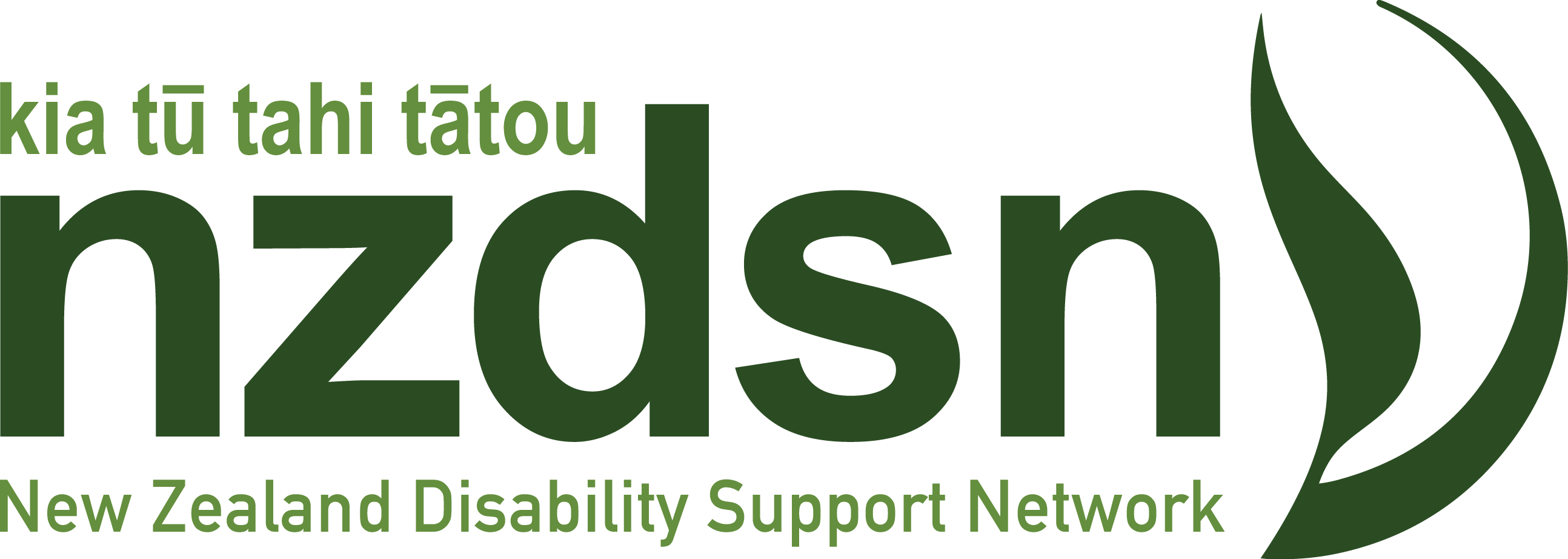Now the information is all available, the following is our take on the Budget and the key points for members.
A very tight budget overall
Minister Willis used words like ‘disciplined’, ‘decisive’ and ‘tough’ in her speech, saying ‘like Kiwi households, we’re tightening our belt,” relating the government’s approach to those of us trying to balance the household budget.
And tax cuts, funded by a series of cutbacks and redundancies aside, there wasn’t much cash being splashed around – now we know what we’re working with, here’s what it means for you.
Behind the $1.1 billion headline
We see $1.1 billion tagged ‘address demand’ as code for meeting growth or inflation costs. There’s no assurance here for providers that any lift in funding to meet cost increases will be forthcoming in this Budget. We may be proved wrong, but there’s nothing explicit in either Budget or Whaikaha announcements.
Changes to funding
It’s interesting that the additional funding drops by $90m after next year – I suspect that’s related to the extra $80m they had to appropriate this year for respite care, equipment etc and they’re hoping to have it fixed by 25/26.
Funding Whaikaha
Comparing recent budgets, Whaikaha appears to have received a 20% increase in departmental expenditure. This could be explained by the release of contingent funding for implementing Enabling Good Lives, or a transfer of funding from MSD to Whaikaha due to them taking more responsibility in house rather than using MSD shared services from MSD.
No answers on Pay Equity
For our members, this remains a significant fiscal risk with no specific money assigned, including the care and support workers’ claim.
Little for employment opportunities
MSD haven’t made significant comment. There’s nothing here to help Employment Support providers who have gone for years without a significant increase in their fees, and who were recently given a two-year roll-over without any increase.
Employment Support used to be important – providing paid employment opportunities for those disabled people who seek or aspire to them should be supported, nothing here addresses that unfortunately.
Tax relief and wages
Tax cuts may help some. For many disabled people, the abandonment of moving away from the minimum wage exemption will be very disappointing, and isn’t consistent with the UNCRPD.
Social housing
Changes to rental and social housing builds should be helpful, but will take time for the benefit to be felt.
Residential services
It looks like these have been over spent, with the retrospective allocation of $35.6M or 3.36% to residential services in 23/24 – and the increase for next year is $139.7M or 13.1%.
It seems like 24/25 is more optimistic than thought with a potential 3-4% increase, but we don’t know the inside cost pressures.
Where to from here
With the Budget only keeping our heads above water, the future will be determined by the Minister’s independent review and its recommendations for how we move forward.
The CEOs’ Forum will meet the three Reviewers in the next fortnight, and we will certainly share some clear messages from providers’ perspective.
Read more
Whaikaha have published an information sheet stating that the Budget funding will be used to increase funding for or support:
This investment will also ensure the following ongoing support for disabled people:
- Home and Community Support Services – support with household management and personal care for people living in their own home
- Respite care – supporting disabled people or family carers to have a break
- Community Residential care – supporting disabled people to have safe and satisfying lives in a supported living environment
- Environmental Support Services – supporting disabled people to navigate their everyday lives, for example: assistive communication technology, wheelchairs, home and vehicle modifications, and hearing and vision services
- The High and Complex Framework Strategy – supporting people with an intellectual disability who have offended and are in secure or supervised care
- Disability Information Advisory Services – connecting people to the right supports
- Read the full detail here
